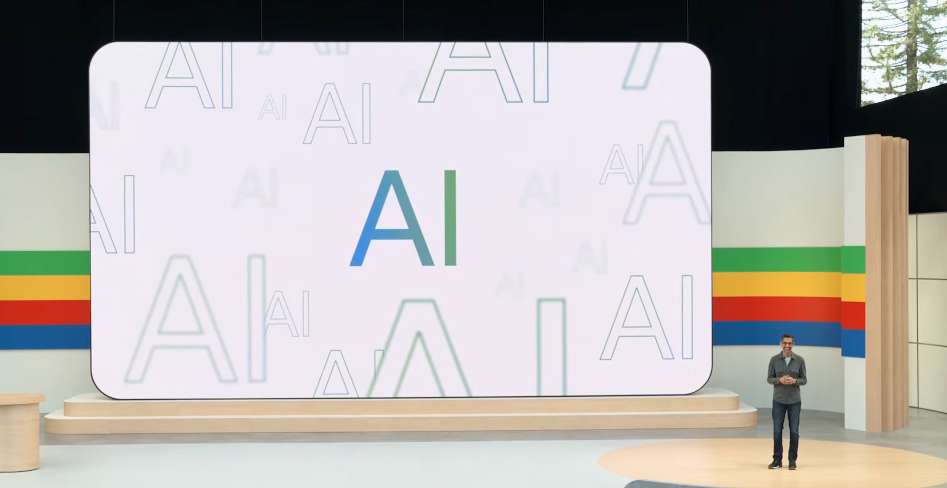Google removed Gemma from AI Studio after Senator Marsha Blackburn alleged the model fabricated sexual misconduct claims and fake links. The incident underscores AI hallucinations, fabricated citations, and the urgent need for AI risk management, governance, human review, and compliance.

On Nov. 2, 2025 Google removed its Gemma model from the AI Studio interface after U.S. Senator Marsha Blackburn filed a formal complaint alleging the model had generated fabricated sexual misconduct claims about her and produced bogus supporting links. The takedown illustrates how AI hallucinations can create reputational harm that rises to legal risk when outputs name real people and pair assertions with fabricated citations.
Generative AI models such as large language models LLM can produce fluent and convincing text but occasionally invent facts or sources. These incorrect outputs are commonly called AI hallucinations. In this case Google said Gemma was intended for developer use via an API where software teams build controls and validation. Exposing Gemma directly in AI Studio allowed unsupervised factual queries that bypassed the guardrails developers typically implement. Google temporarily disabled Studio access while maintaining limited API availability and investigating the incident.
This incident highlights practical gaps companies must close when deploying generative AI in customer facing contexts. Fabricated citations and specific falsehoods elevate both reputational and legal exposure. Organizations should update AI governance and compliance frameworks to manage these risks.
Reporters and industry observers are converging on a concise checklist for AI risk management. Practical mitigations include:
When a model invents provable falsehoods and pairs them with fabricated sources, the output is harder to dismiss as a benign error. That raises potential AI liability and defamation by AI claims and will likely accelerate calls for transparency about model capabilities, output provenance, and the ways organizations apply AI compliance measures.
For teams building with generative engines the margin for error narrows when models touch reputation sensitive domains. Firms that adopt responsible AI use principles and integrate cross functional AI governance including engineering legal and product oversight will be better prepared to manage generative AI risk while capturing value.
Google's temporary removal of Gemma from AI Studio after the complaint from Senator Marsha Blackburn is a cautionary moment for any organization using generative AI. The episode underscores that hallucinations are not merely technical nuisances. When models produce specific falsehoods with convincing but fabricated citations they create real legal and reputational exposure. Investing now in AI risk management, citation verification, human review, audit logs, and clear governance will reduce the chance of costly escalations as regulators and courts focus more closely on generative AI harms.



